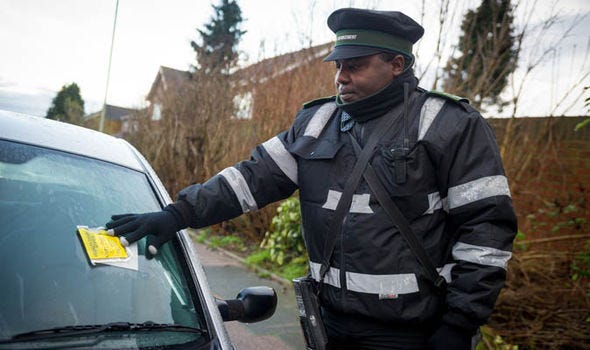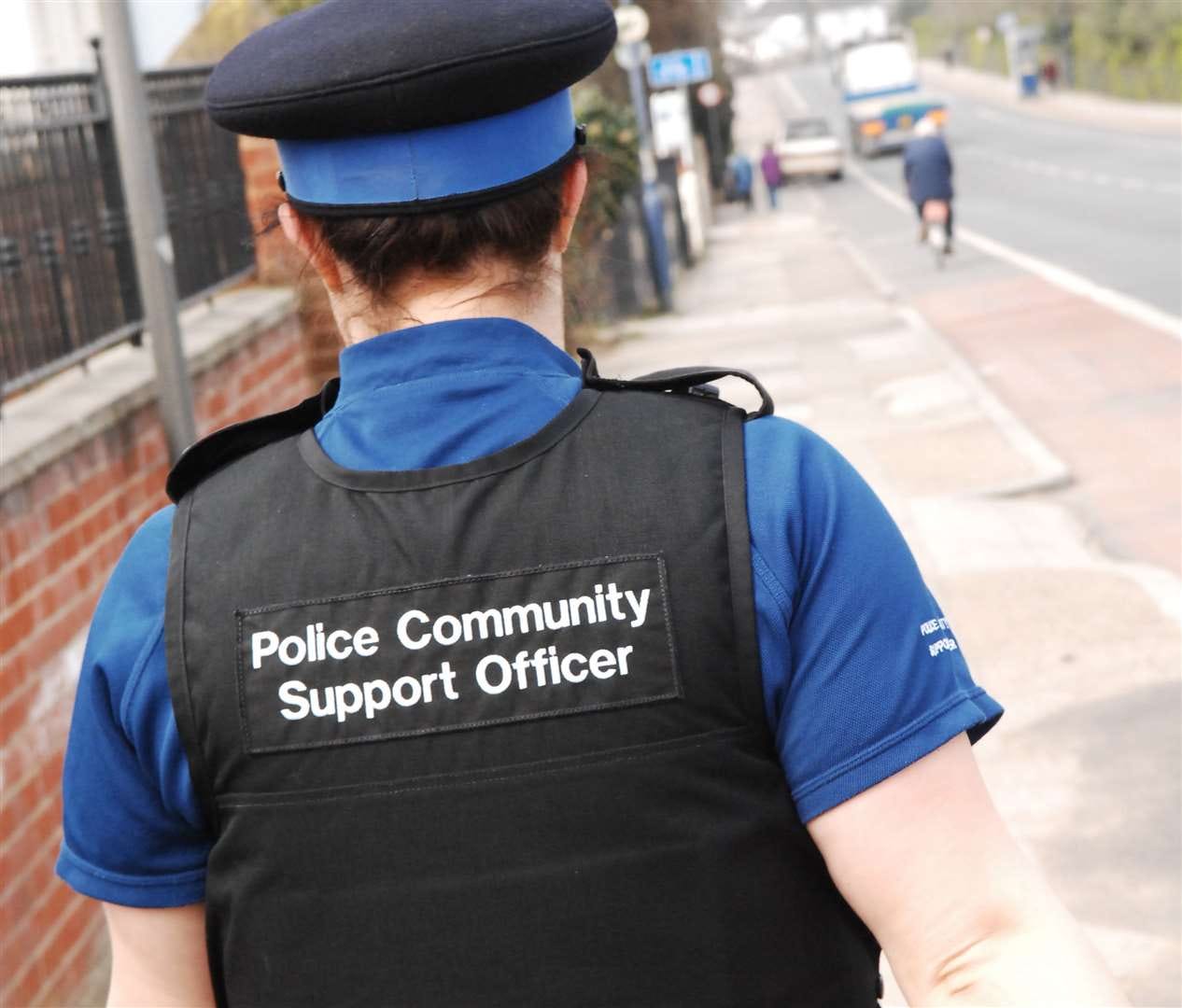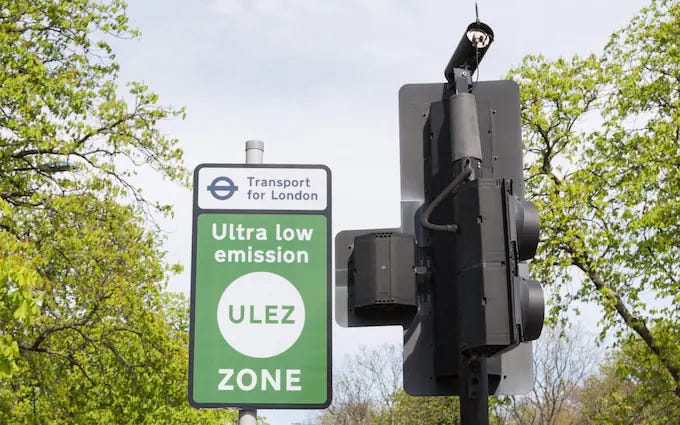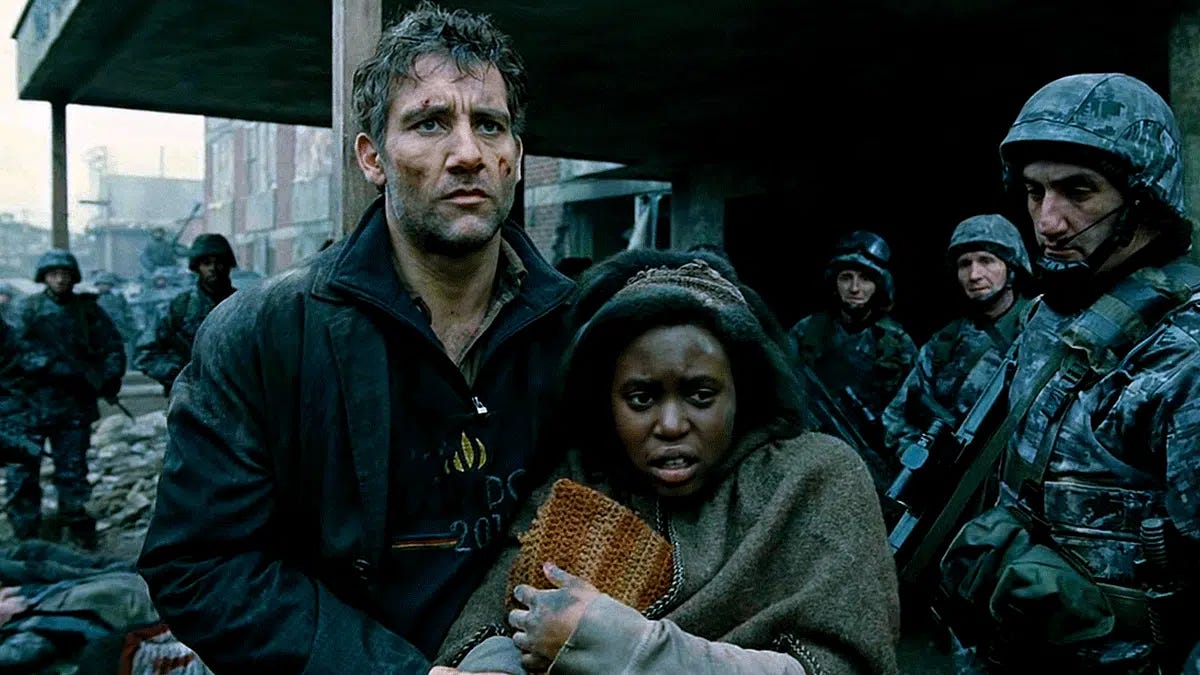A lesson I learned being a policeman: smugglers often camouflge stuff using something especially boring and / or unappealing. For example, a drug trafficker might hide a stash of heroin inside a consignment of jockstraps or incontinence pants. Politicians are a bit like drug traffickers, except without the business acumen, imagination or rudimentary sense of fair play. But, instead of jockstraps or sanitary products, they hide their most outrageous shit inside legislation. Legislation so dull only a lawyer or lobbyist would bother reading it.
Then, by the time the legislation passes through the gimlet-eyed scrutiny of the Mother of Parliaments (you there, at the back. Stop giggling), the devils hiding within the legislative detail come out to play. By the time the devils have had their fun, leaving behind a flaming hellscape, the politicians are either dead, in the Lords or making squillions advising dictators.
I was reminded of this earlier in the week when, browsing the internet, I saw two random yet strangely interconnected stories. One concerned local authority traffic wardens going on strike in south London. The link, by the way, takes you to the Socialist Worker website (hello, Comrades!). Anyhow, this reminded me – yes, I’m fun at parties – of the Police Reform Act 2002, another pearl of Blair-era chicanery. This one really did conceal a multitude of devils, lurking in a dense thicket of detail.
The other article was across the ideological aisle, in The Spectator, and concerned Angela Rayner’s eye-wateringly dull proposals for ‘English Devolution.’ This, were I being cynical, appears to be a blatant attempt at gerrymandering and foisting leftish Sadiq Khan-style regional commissars across England. Were I not being cynical, I’d say this appears to be a blatant attempt at gerrymandering and foisting leftish Sadiq Khan-style regional commissars across England.
Why, Dom, I hear you ask, are these two stories connected, let alone of interest? What do they have to do with your usual beat of all things police-ish?
Because they are portents of things to come, my friends. The future of law enforcement is one of unintended and semi-intended consequences. It’s a future of chickenshit law, enforced primarily for profit, with a side-order of virtue signalling. It’s also a future where, ironically, there’s not much room for the police as we know them. Future Cops sit in riot vans, waiting to quell violent disturbances beyond the abilities of Group 4 or Mitie to contain.
As an aside, I’m not actually knocking the private security industry, or the principle of making a profit. I’m onboard with capitalism being the least-worst way of doing things. I understand markets. I know who Ludwig von Mises was. I also know nature abhors a vacuum. I do, however, think there are powers and responsibilities the State should preserve for itself. Why?
Accountability.
I know, you’re still giggling at the back. But ask yourself this – would you rather take your chances with the local magistrates court, a council, or a company complaints department? Because this is where we’re going. The civil remedy / ‘give ‘em a ticket’ route of law enforcement.
So, are you ready to explore the future? You are? Excellent. Step into my Doctor Who-style police box, while we zip through time and space to see where the devils might take us on this spin of the wheel…

Take that, Mrs. Miggins!
It’s 1994 or thereabouts. I’m a uniformed police constable. I’ve noticed the local council have recently deployed a small army of private traffic wardens, mainly spotty young men in gauche, ill-fitting uniforms. They’re armed with handheld devices the size of games consoles, capable of spitting out tickets at an alarming rate. The police have nothing as administratively efficient, but we aren’t revenue-generators. Just boring, unprofitable law-enforcers. Our Metropolitan Police traffic wardens, the ‘Yellow Peril’, are slowly being withdrawn as more and more traffic offences are decriminalised.
Except…
The council wardens were purely interested in parking infringements, which are discretely different from parking offences. Double parking? Not interested. Parking on a pedestrian crossing? Not interested. Obstruction? Not interested. ‘That’s a police job, mate.’
Ah, but Mrs. Miggins in her Nissan Micra, two minutes over her allotted time in a parking bay? The wardens would descend like angry hornets, ticket machines whirring. It got to the point where, if I saw a private parking attendant behaving like a knob, I’d wander over and tell them to do one. I’d cite my ‘constable’s prerogative’ to overrule them. Yes, this was allowed. As a primo barrack room lawyer, I checked. I felt like Robin Hood in a beat duty helmet.
Then the local wardens started ticketing police vehicles. One even clamped an unmarked CID car while a colleague was making an arrest. We’d leave our police logbooks on the dashboard to let parking attendants know who we were. The jobsworth in this case didn’t care, but the look on his face when my colleague nicked him for obstruction was priceless. This led to an interesting conversation between the local council parking office and our DI.
What did I take away from this?
If you give someone a week’s training, a silly hat and a quota of tickets to fill, that’s exactly what they’ll do. And they’ll do it without any sense of proportionality, humour or commonsense. They’ll wind up the public, not make a great deal of difference to road safety, but WILL generate revenue.
Which, of course, was the point all along.
Now, back to the Tardis, before the daleks wardens slap a ticket on it. We’re off to 2002, and the deeply exciting Police Reform Act.

The splintering of police functions came from all directions – PCSOs were police staff, not private or local authority employees.
Welcome to 2002! There’s a war on terror, Tony Blair’s plotting to invade Iraq and Nickelback are one of the World’s biggest rock bands. I know, it’s grim. ‘How you remind me’ got to No. 4 in the UK singles charts.
This is the year Parliament passed a dense, chunky and spectacularly dull piece of legislation called the Police Reform Act. In September, Police Community Support Officers (PCSOs) were introduced by the Home Secretary, David Blunkett.
This article isn’t about PCSOs or the efficacy thereof. ‘Blunkett’s Bobbies’ were introduced as a cost-saving compromise between creating a European-style municipal police force or effectively privatising low-level law enforcement (a concept both New Labour and Conservative governments flirted with). PCSOs had fairly limited powers. As one high-ranking officer commented, ‘PCSOs cost me 70% of a constable’s salary but with 30% of the functionality.’ I presume that senior officer retired at the rank he was at when he uttered such heresy, as PCSOs were the future.
Were PCSOs a success? I never worked with any (although we investigated plenty on the anticorruption command). I suspect, like everything else, some PCSOs were good, some were indifferent and some were awful. Still, the Rubicon was crossed; the 2002 Act began devolving powers hitherto entrusted to sworn police officers (Crown Servants, non-unionised and subject to police discipline regulations) to auxiliary staff (unionised employees). The upshot? Neighbourhood policing was increasingly delivered by civilianised staff with no powers of arrest.
Genius, eh?
The 2002 Act did something else. It allowed Chief Constables to confer some police powers on all sorts of non-sworn police staff, council employees and private contractors. Written in the dullest possible language, ‘community safety accreditation schemes’ were among the devils lurking in the detail. It’s why local councils now employ a bewildering range of ‘wardens’, ‘rangers’, ‘safety officers’ and other rent-a-cops with powers to deal with antisocial behaviour.
I’m not being disrespectful to the people who perform these jobs. I’ve seen some of them get stuck in and help coppers outnumbered by scrotes. I simply believe the streets should be policed by fully-trained constables, not people who’ve passed the accreditation for an SIA licence. Of course, the police surrendered their role, for reasons I’ve discussed elsewhere, not least to play at being social workers. You can’t blame the market.
Why, then, did New Labour decide to split the police monopoly on law enforcement?
Cost, of course. Coppers weren’t cheap. There was also a growing feeling in Government the police were hidebound. Moribund. Unable to move with the Public Sector Finance Initiative, get-filthy-rich times. And Tony Blair reportedly hated the fact he couldn’t simply pick up a phone marked ‘police’ and start giving orders (especially after the farmers and petrol strikes).
So sod the police. The market will provide. Right?
That was 2002. Now, to the Tardis my friends, there’s plenty of room. There’s a bloke with a wheel clamp and a funny hat over there, giving me a dirty look. We’re off to 2023!

The hated London ULEZ. Hey, Sadiq, any chance you install a few Zombie knife detection cameras while you’re at it?
In 2023, the Mayor introduced the Ultra-Low Emission Zone across all of London’s 32 boroughs, causing much wailing and gnashing of teeth. I’m told it’s impact on pollution has been negligible and the traffic is as bad as ever. Nonetheless, it’s generated £500 million quid!
There’s a theme developing, isn’t there?
I’ve written before about the social and political issues around using technology to rinse the public enforce the law. In any case, ULEZ gives us a clue as to the future of law enforcement, especially the blurring between criminal and civil liability. Increasingly, we’re seeing stuff that would hitherto have been a criminal matter demoted to a civil dispute.
Why?
Well, it saves on pesky courts for starters. Plus, think of all that lovely revenue. Give people tickets (well, people who cooperate with council staff, not drunken, punchy, druggy criminals) and let them argue the toss later. If they can be bothered. Trebles all ‘round!
This brings me to 2025 and Angela Rayner’s white paper, which promises local authorities even more powers. As law professor Andrew Tettenborn writes:
Under Rayner’s proposals, councils will be given remarkably open-ended powers. The government gives comforting examples, like cycling on footpaths or climbing park trees: but it’s quite possible to imagine much less reassuring instances. What about a ban on, say, vaping or eating fast food in the street, displaying controversial posters on your front door, or holding boozy parties on your front patio? At present we needn’t worry too much about such extreme measures: however keen local apparatchiks may be to pass them (and fanatics abound in local life), they won’t get past the ministry. If the government has its way, however, this would change drastically. True, an entirely outrageous measure might be struck down as outside the powers of the authority. But that is scant comfort to the person confronted by petty officialdom who hasn’t the time or money to argue an uncertain legal toss in court.
This is the road to anarcho-tyranny. The police and council couldn’t be arsed with plagues of shop-lifters. But walking your dog without a poo bag? Form a squad. Imagine what the town hall gauleiters will be able to achieve with facial recognition systems? ANPR cameras? Imagine the microaggressions or environmental infractions they’ll be able to fine you for. If you think I’m being overly dramatic, I give you social credit systems.
Now, one more trip in the Tardis. To where? 2040. I want you to see where this is heading.

Members of the public at a local authority carbon footprint monitoring checkpoint, 2040. It’s suspected their heat-pump licence is out of date.
Here’s an outer London borough in the summer of 2040, which shall remain nameless. I can reveal, however, the council’s run by a rump of anti-Faragiste Liberal Democrats. The first thing you’ll notice is the relative absence of police officers. Yes, the burnt-out cars and empty shops are noticeable too, but the first point informs the second. There are police officers about – some are in the multiagency control podule, tracking microaggression infractions using a battery of biometric and social media analysis tools. There’s also a personnel carrier full of Kinetic Intervention Officers parked nearby, for when the pubs chuck out. Somebody needs to check the drinkers have their alcohol permission apps installed.
Until then, the streets are the responsibility of a handful of street rangers, private security guards and health & safety ‘wellness pastors’, offering advice to passing addicts on where to find clean needles. These law enforcers, such as they are, hide in a security booth protected by armoured glass and razor wire. They only venture out if absolutely necessary, as personal liability insurance is prohibitively expensive. So is protective equipment (one of the street pastors had her Kevlar vest penetrated by a 5.56 round last year).
Most local authority law enforcement is concentrated in nearby LeafyVille, a pleasant suburb two miles away. LeafyVille is protected by electric fences and private dog patrols. There, the council ensures residents have valid licences for virtually everything, from their ESR (environmental sustainability rating) to their EVRA (electric vehicle range allowance). The wealthier, occasionally put-upon residents of LeafyVille often forget the bewildering range of by-laws they’re required to obey, which means a healthy revenue stream for the council. Some street rangers even offer a pre-pay fine app, which offers a 15% discount on routine infringements. Six fines earn you a free oatmeal-milk drink!
Where this revenue goes remains a mystery, though. The roads remain potholed and the refuse collections irregular. There is, however, a gleaming new ‘museum of decolonisation’ being built next to the town hall (the curator happens to be married to a local councillor). The new Government has promised to end such politically-charged public spending, but local authorities seem impervious to central diktat and what remains of the civil service still refuse to return to their offices.
Occasionally, the mental health of LeafyVille residents deteriorates due to the pressures of life in the 2040s. They even, occasionally, end up murdering each other. Luckily, the national police CID are funded well-enough to solve most of these terrible crimes (even if unprofitable prevention programs have long since withered on the vine). Ditto the Kinetic Intervention Officers, as the non-LeafyVille residents, a disobliging bunch, occasionally indulge in ‘extreme-right wing’ riots.
The few pensioners who haven’t shuffled off to a Voluntary Death Pod still live in LeafyVille. Gnarly and grouchy, they still remember The Good Old Days. ‘We warned you’, they grumble, watching smoke from burning cars smudging the horizon. Then they drink unlicenced alcohol and smoke illegal tobacco. Luckily, the oldies seem to forget to update their apps routinely enough for the authorities to track their activities. If they did, counter-extremism officers might learn of the youngsters who visit the pensioner’s apartments. They sit, spellbound, drinking gin and listening to tales of life before the Internet. Before social media. Before a world that excels only at giving orders. Some of the kids go as far as uninstalling the social monitoring apps from their devices. Disappearing. Melting into the shadows. Planning, perhaps, for a return to the past.
A past, they’re sure, when things really were better.





No comments:
Post a Comment